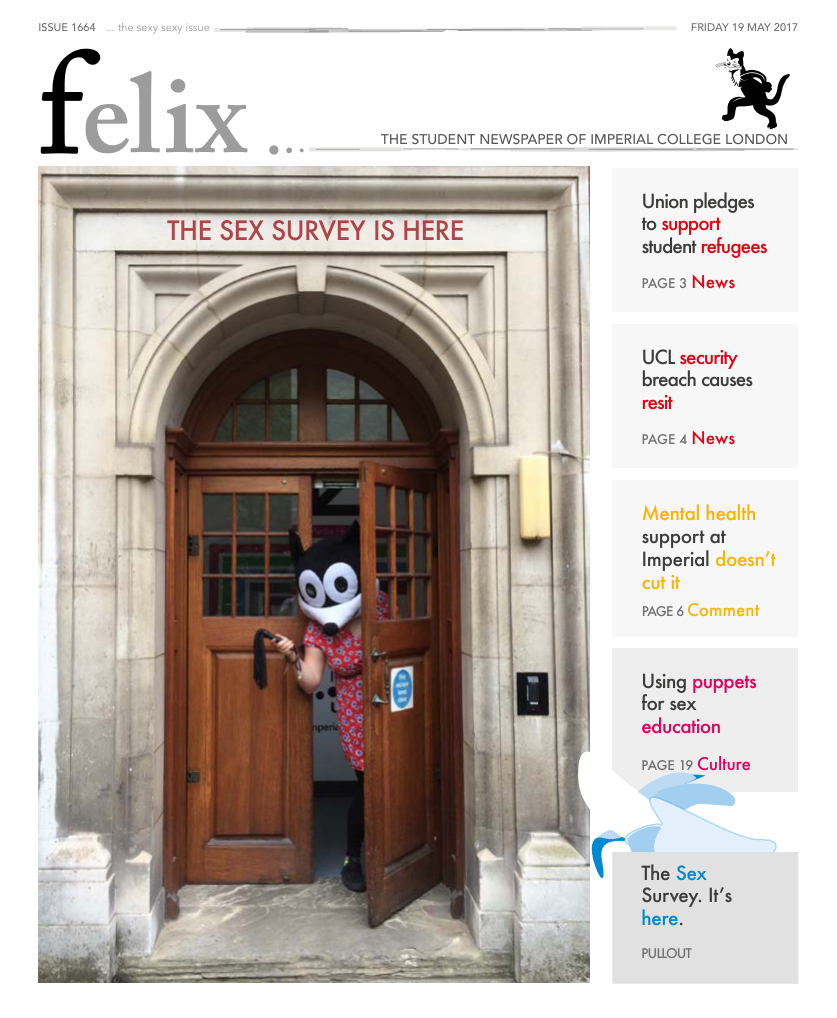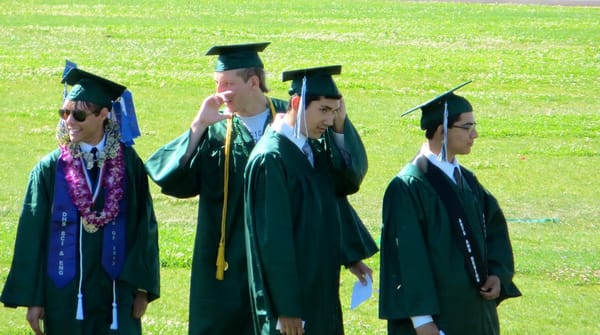Migrant students gain financial aid
It doesn't make sense for Imperial College to charge them international fees
An interesting paper at this week’s Union Council meeting addressed the issues faced by asylum-seekers and migrants trying to access higher education in London.
To study at a UK university, asylum-seekers and migrants with Discretionary Leave to Remain (DLR) or Limited Leave to Remain (LLR) must pay international tuition fees without the help of student finance, for which they are ineligible. At one London-based organisation, 500 young people have sought legal advice to help them achieve their dreams of studying in a London university.
Many universities offer scholarships to help with the rising cost of studying in London. UCL, KCL, and City University offer a combined total of 11 scholarships specifically directed at asylum-seekers and migrants with DLR or LLR status. Imperial offers no such aid. There isn’t even a mention of asylum-seekers or migrants in either the College’s Diversity Policy or Access Agreement.
It doesn’t have to be this way. Imperial can control what tuition fees it charges and what financial assistance it offers to specific groups of applicants. The paper cites “exceptional” students and staff with DLR or LLR status as proof of the talent and value that migrants contribute to the College. The paper claims that is therefore the “duty” of the College to embrace its identity as an “institution taking pride in its diversity” and remove the financial barriers that prevent education being fairly accessible to all. Doing so would allow Imperial to become “a true representative of equality and diversity in higher education.”
Discussion at the meeting focussed on the risks of a student’s refugee status being suddenly rescinded, which could lead to the student having to leave the country before the completion of their course. The worry was whether Imperial should be effectively “incentivising” people to join the College in the knowledge that they may not have the chance to finish their degree. It was agreed that this should be considered on a case-by-case basis and should not get in the way of Imperial offering similar scholarships to those already available or being discussed at other universities. It was also noted that Imperial was not being asked to provide hundreds of scholarships at short notice but for an effort to be made to provide at least one scholarship for those that need it.
The Union has resolved to run a campaign which would help asylum-seekers and migrants face the costs of studying at Imperial. This would come in the form of financial aid packages offered to those settled in the UK. There are also plans to lobby the College to review the tuition fee status of asylum-seekers and migrants, awarding home status to anyone that would normally be eligible (i.e. those that have been resident in the UK for at least three years). The final pledge aims to ensure that Imperial formally contributes to existing initiatives that seek to improve access to higher education for asylum-seekers and migrants.
As with other papers heard at this meeting, an email vote will be held, though it has already been passed in principle. With a growing refugee crisis and net immigration levels of 273,000 in the year ending September 2016, these proposals could not come at a better time.







